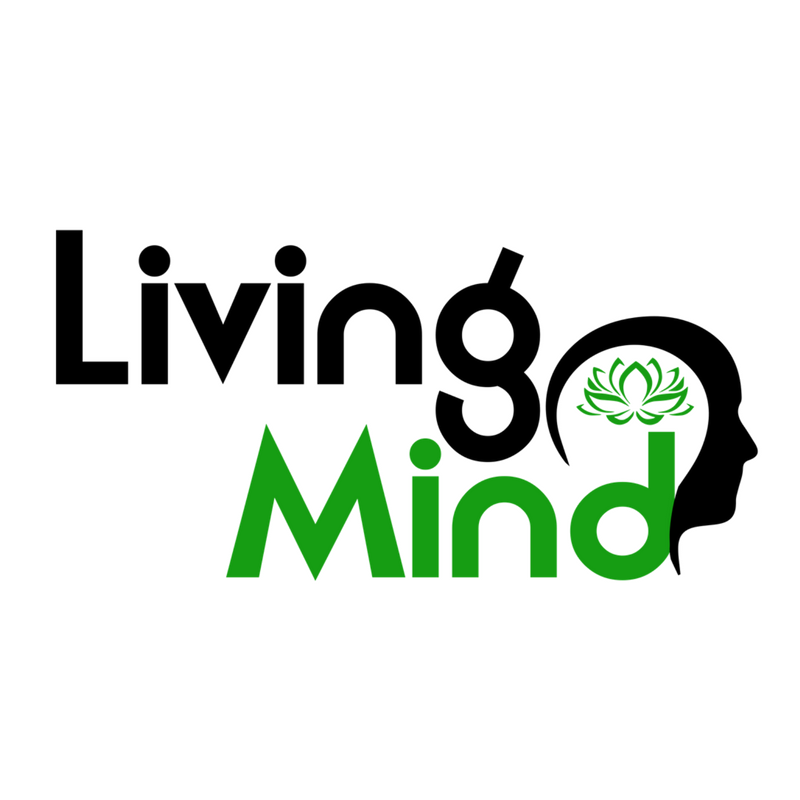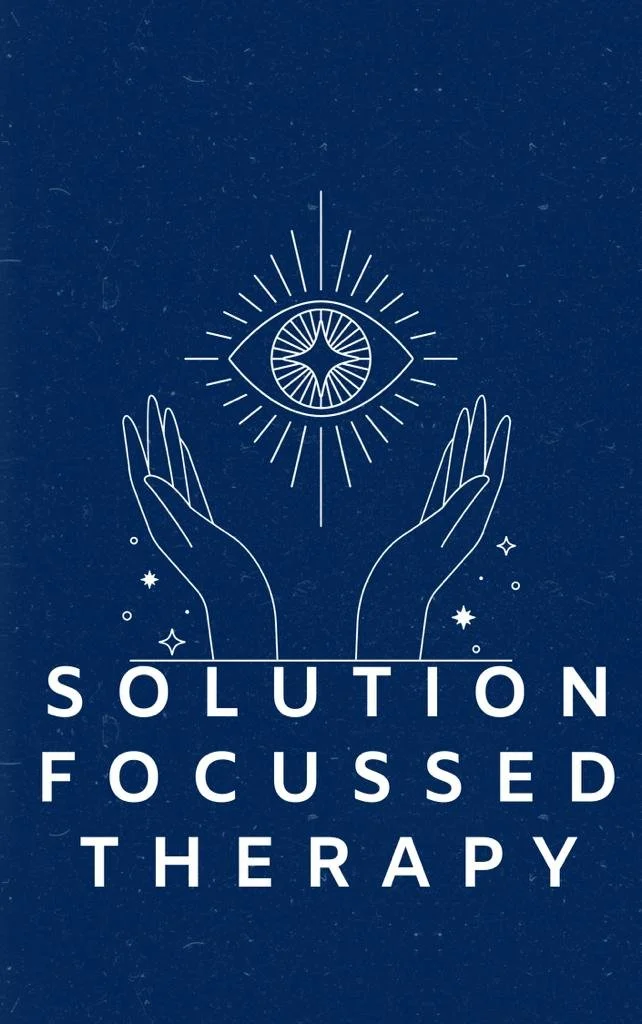Moving Forward with Strength: The Power of Solution-Focused Therapy in Trauma Treatment"
/
Solution-focused therapy (SFT) is a goal-oriented and future-focused approach that has been found to be effective in the treatment of trauma in mental health. SFT emphasizes identifying and building on the strengths and resources of individuals to promote positive change, rather than focusing on the problems or symptoms they may be experiencing.
Research has shown that SFT can help individuals who have experienced trauma to develop coping skills, improve their emotional regulation, and enhance their overall functioning. SFT can also be particularly useful for individuals who may be resistant to traditional talking therapy approaches or who are seeking more brief and practical solutions.
One of the key benefits of SFT is that it can help individuals to feel empowered and in control of their own recovery. By focusing on their strengths and resources, individuals can develop a sense of agency and become more actively engaged in their own healing process. SFT can also help individuals to reframe their experiences of trauma and see themselves as capable of overcoming challenges, which can be an important step towards healing.
Overall, SFT can be an effective approach for addressing trauma in mental health. It can help individuals to identify and build on their strengths and resources, feel empowered and in control of their recovery, and develop practical skills for coping with trauma-related symptoms. However, it is important to note that not all individuals may respond equally well to SFT, and it is important to work with a qualified mental health professional who can help to determine the most appropriate treatment approach for each individual.



